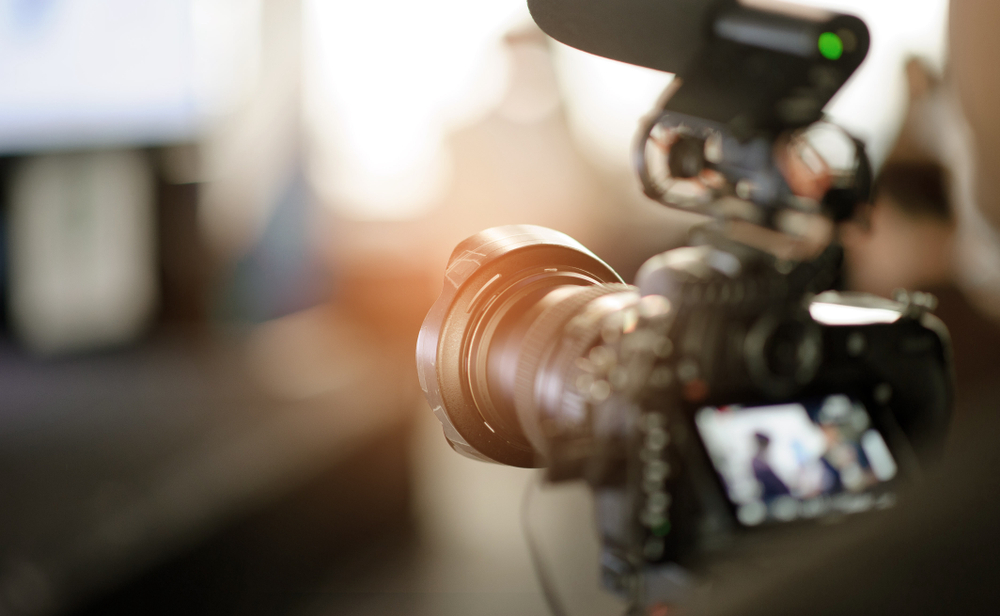
There are various types of court videography licensing. A popular one, however, comes from the AGCV (American Guild of Court Videographers). They are certified deposition video specialists and licensing board. When you are thinking about working as a court videographer, also note that you need some special skill set and training. Court videographers always begin with special training and certification. Various types of certifications are available out there. So, if you want to become a certified court videographer, you may need to explore the option that best suits you.
What to Know About Training
Firstly, you need to check out training or licensing courses. Be sure to enroll in a reliable licensing board, particularly one that offers overall, and credible services. Secondly, the training should cover the basics of the field, including videography skills, the ability to follow processes, how to problem solve, and how to protect the records. You may be required to pay for the training but it is worth it since you will get proper training, and be prepared for your future role.
Additionally, court videographers also learn how to record voice and video as well as pick up on nonverbal cues, or body language. Moreover, video recordings allow you to capture jurors, together with others who make decisions in court proceedings.
Unlike content transcripts or presentations, video often records and relays testimonials, which can help jurors to arrive at their ultimate judgment. Once you specialize and work in this area, you will become a part of a court process, as you will be the one handling the vital role of recording videos presented in court.
Lastly, apart from court videography, you can also use this skill in other areas such as documenting affidavits, creative work, testimonials, interviews, documentaries and so much more.
Conclusion
As you can see, the court reporting career is vital to the legal process. This is because it creates an exact record of what transpired, what was said, and who said it. Transcripts from a trial serve as a solid record of the proceedings. However, with the desire for an accurate, and complete record, a videographer will sometimes be included to capture the event. The use of video in court proceedings provides an opportunity to record facial expressions, long pauses, and expressions, which can’t be accurately captured in writing. All these help judges in making a final decision.
